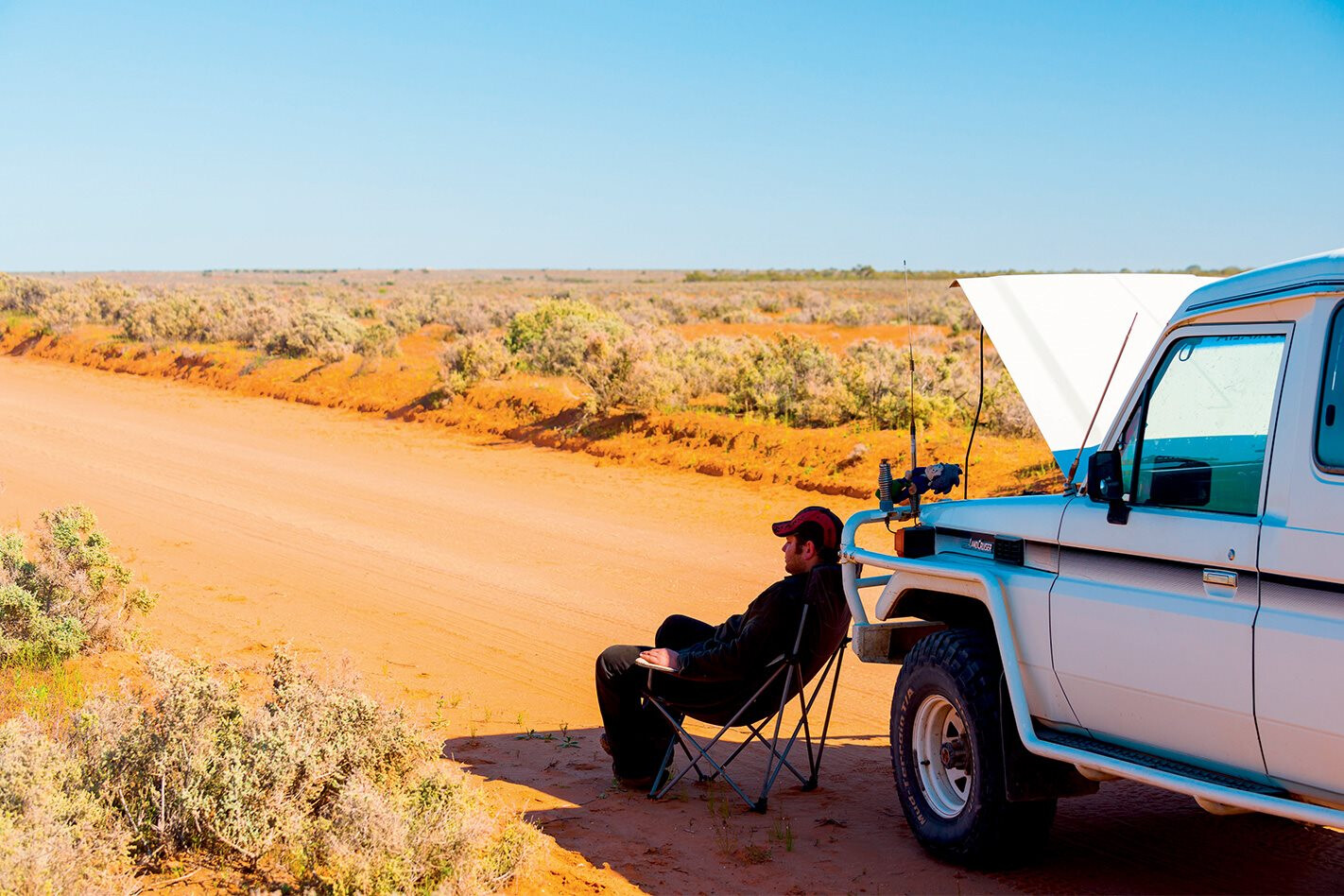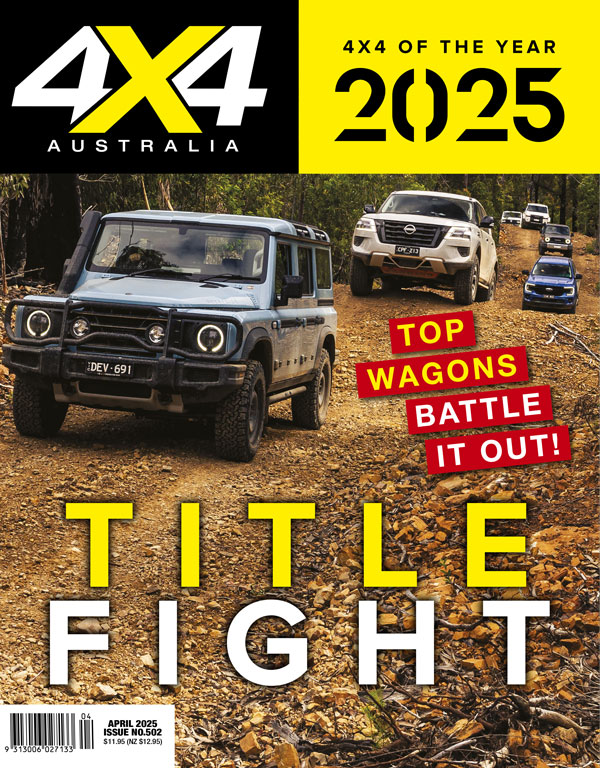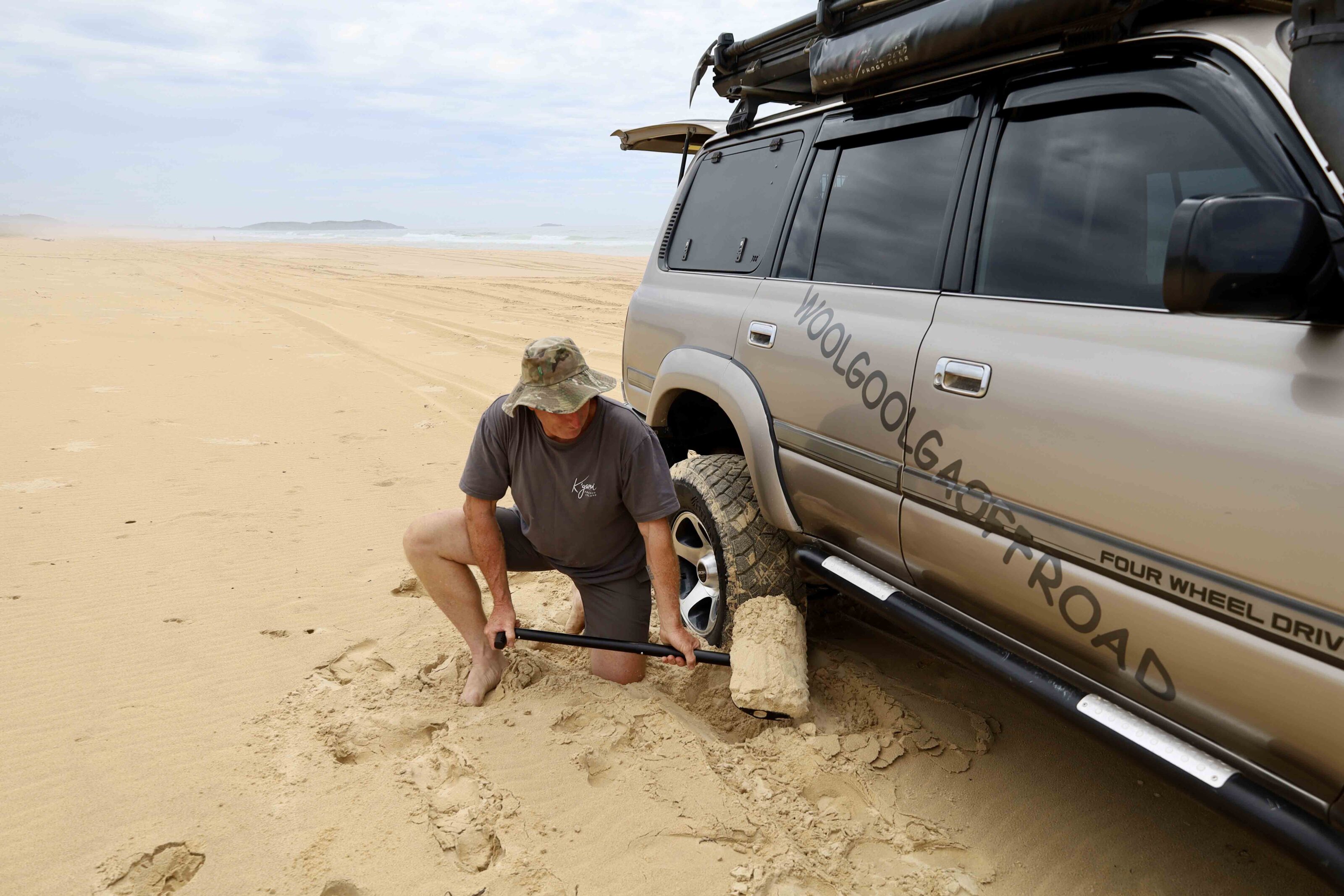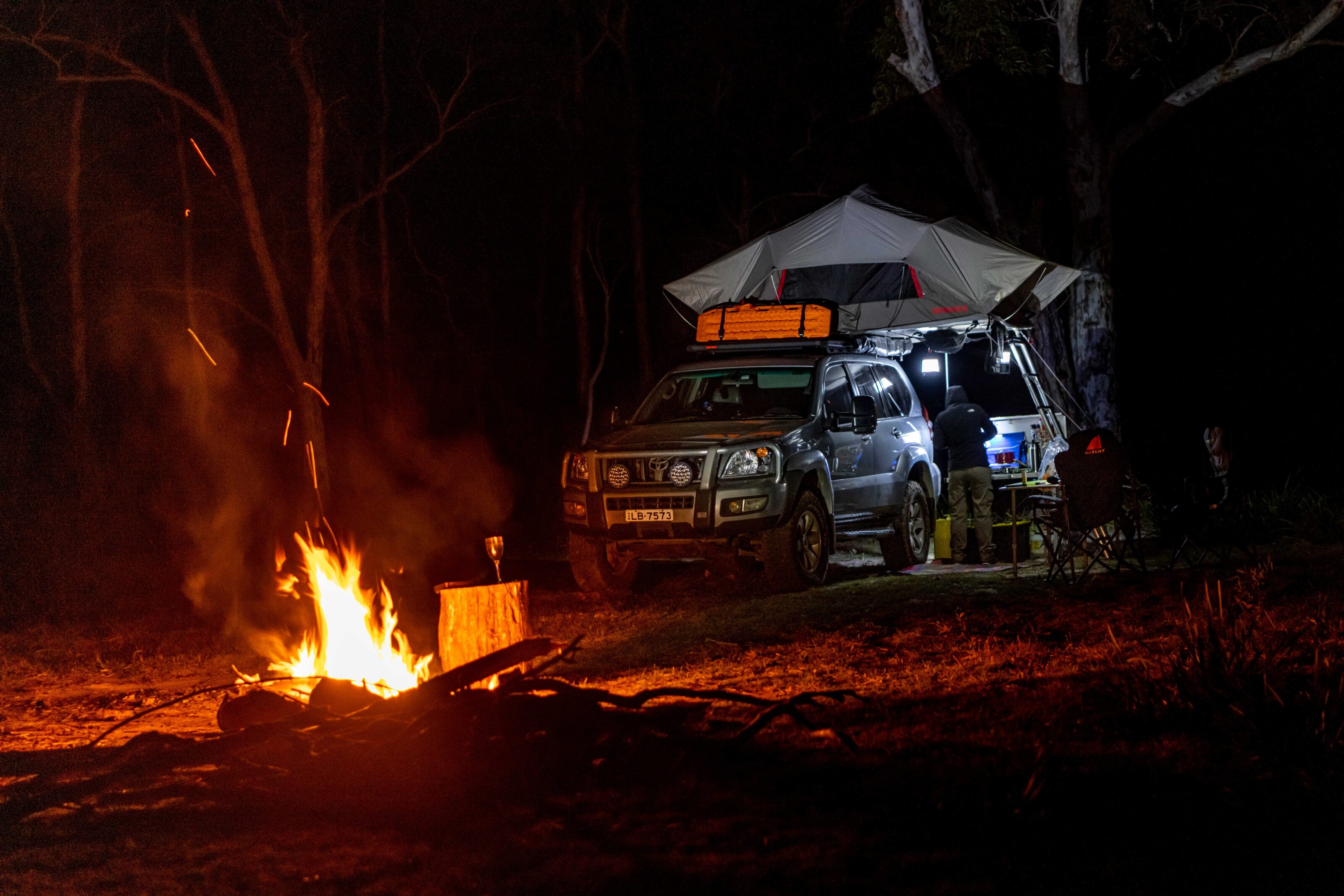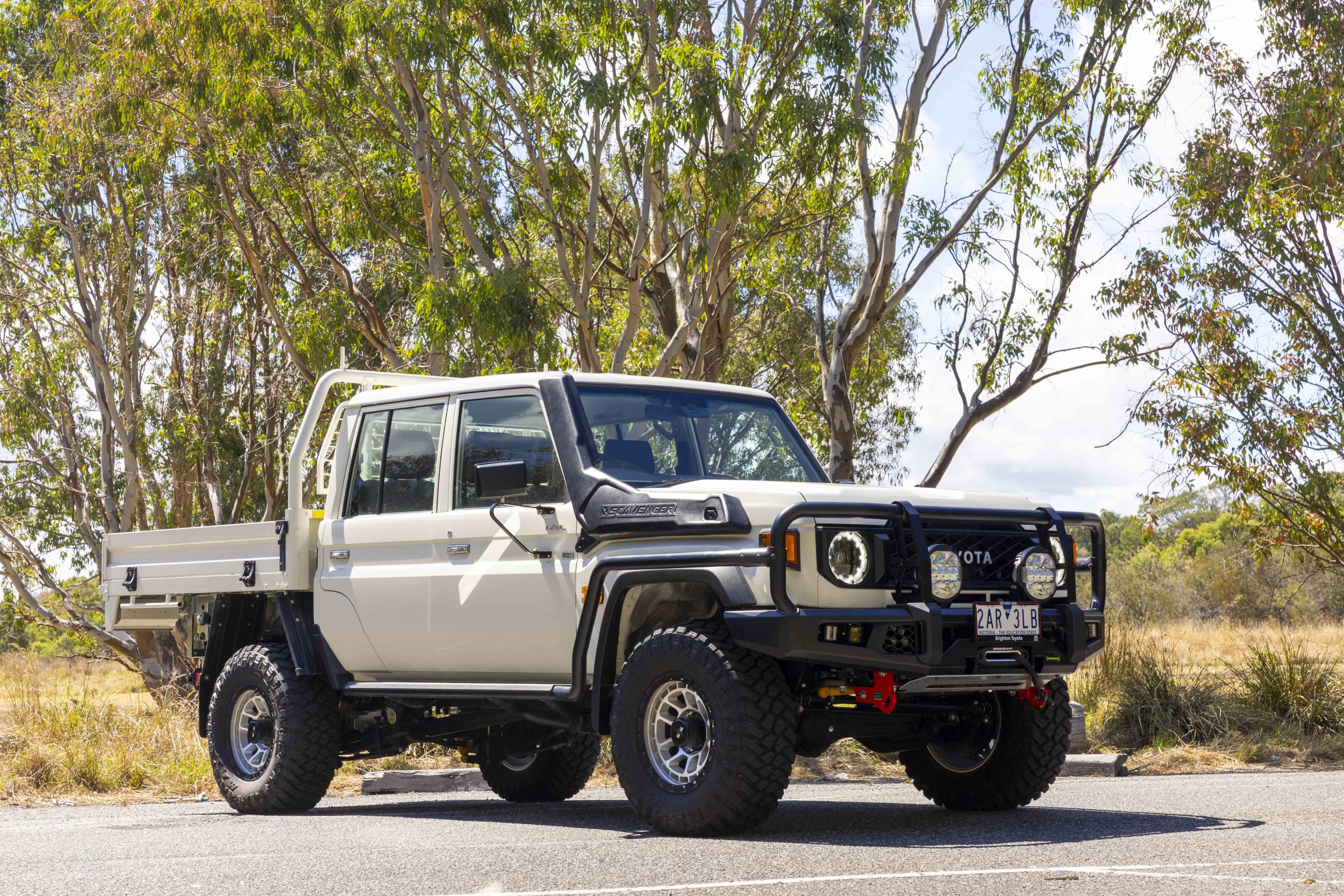Let’s face it, sometimes things just don’t go to plan in the Outback. We’d like to think that with good vehicle preparation a breakdown won’t happen but, the reality is, sometimes you just can’t prevent it. Imagine you’re stuck in the middle of nowhere with a 4WD that just won’t drive. Here’s how to survive in the outback if your car breaks down.
*Original article published October 20, 2016
Sure, there’s always the possibility of getting it back on the tracks with some smartypants bush-mechanic fix, but the premise here is that you’ve tried and you can’t. What’s the next step?
There are a few things that can change the way you handle this type of situation but truth be told, you’ve got to do a lot of things wrong if you end up having to go all Bear Grylls in the bush.
So let’s take a look at how to prepare for getting stranded in the Outback, and what to do if the worst should happen.
PREPARE BEFORE YOU LEAVE
When you think about it, camping is all about being prepared for the outdoors. For us 4WDers, the survival side of things in an emergency situation should be a lot easier than that of a solo hiker or bike rider. Reason being, we’ve got more than enough room to carry the gear we need to be totally self-sufficient. So there should be no excuses.
There are very few things a person absolutely requires to survive. The first is water. Yes, we’ve all seen a million and one survival techniques that will have you filtering dirty water through an even dirtier sock but guess what? If you carry enough water with you to start with, you should never have to rely on those last-resort techniques. So whenever you’re planning to head anywhere even slightly remote, ensure you’ve got enough to last at least a few extra days – just in case.
Having all the supplies in the world won’t help if nobody is actually looking for you, so always let somebody responsible know your travel plans. To be effective, they’ll need to know exactly where you’re heading and your expected check-in time. The sooner the authorities are contacted, the sooner they start searching and the quicker you’ll be found.
RATION WATER
If you have to ration your water, drink a cup at a time rather than sipping it. This way, your kidneys and bowels don’t suck it all up; meaning your brain gets some, too. The human body can only last a few days without water, especially in the heat. Once your brain is getting dehydrated you’ll start to make poor decisions. Make sure you ration your water, stay out of the sun and don’t exert any more energy than absolutely necessary.
GET ATTENTION
1. Move the vehicle into an open space and open the bonnet and doors so it’s easier to see from the air and the ground.
2. Point the mirrors upwards. The idea is to catch the sun’s reflection, which increases your chances of being noticed.
3. You can also remove the rear vision mirror to signal for help by hand.
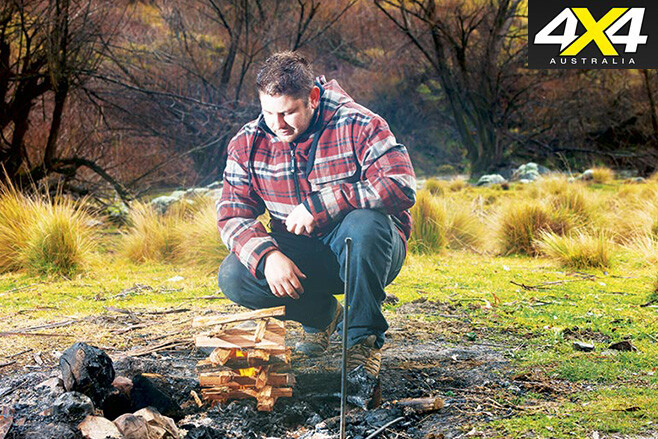
STAY WARM
Extreme cold isn’t usually on people’s minds when you talk about a trip to the Outback, but it can get pretty bloody cold at night at some times of the year. So make sure you’ve got a way to keep warm, such as having blankets handy or a way of starting a fire.
STAY SHELTERED
You’ll need shelter to protect the body from the blistering sun, to avoid losing moisture. The longer you retain it, the longer you’ll live.
SIGNAL FOR ATTENTION
Once the mind and body are protected from the elements, it’s time to start thinking about how to signal for attention. This could be done by burning a tyre to emit thick clouds of smoke, using rocks to form an SOS signal, or anything else that will stand out to rescue teams.
RATION FOOD
Believe it or not, food is the least of your priorities. The body can last a few weeks without food so, if you ration any food you have on board, it should carry you until help arrives.
PACK THE RIGHT EQUIPMENT
TARP: A tarp will provide shelter almost anywhere, anytime. This can come in mighty handy if you’re stuck in the middle of an open paddock or similar.
SATELLITE COMMUNICATIONS: If you’re travelling in remote areas, there are no excuses for not having some type of satellite communication. It’s cheaper than ever before and, in its most basic form, will let you hail emergency services from just about anywhere.
BLANKET: A blanket in the car is mighty helpful on a cold desert night.
SURVIVAL KIT: Store a basic survival kit in your vehicle for a rainy day.
EMERGENCY WATER
If you completely run out of water, turn your air-conditioning on and collect the condensed water that trickles out under the car.

